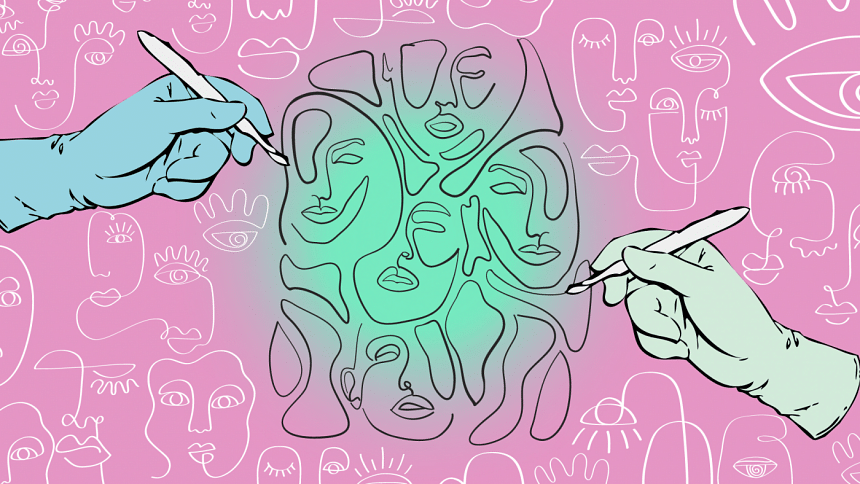Influencers and the ethics of enhancement surgery

As the name suggests, an influencer is someone who tries to "influence" their audience, generally by sharing tips, knowledge, recommendations, etc. within a specific field of interest, with beauty and fitness being two popular examples. As a result, influencers try to expand their reach as much as possible for promotional purposes. However, not many people approve of it, as there are concerns about what exactly influences are promoting, especially considering how one of the current trends seems to be enhancement surgery.
There's nothing inherently wrong with enhancement surgery in itself. Everyone's bodies are their own, and they have the choice to do whatever they wish with it. However, there are some valid concerns in the way the topic of enhancement surgery is discussed on popular social media platforms.
The first issue is that many influencers are not actually open about what enhancements they may have had. While this might not feel like a big deal at first, it's important to remember that a large portion of their audience is generally made up of people who follow them for their lifestyle, styling, and other beauty-adjacent reasons. Having artificial enhancements means that they don't naturally look the way they do. Failure to disclose this fact can lead their viewers to feel bad about themselves, as they won't be able to attain the same level of perfection as the influencers.
Their audiences also tend to be on the younger side, and things like these can affect them more. Teenagers already have a hard time with the way their looks change as they're in the awkward phase of growing up, leading them to desperately wait for a "glow-up." They can look at these influencers and expect to look just as beautiful as them when they're older, not realising that even the influencers themselves may not look like that.
Unfortunately, a lack of transparency is not the only problem, as the reverse can lead to issues as well. On the other side of the coin, there are influencers who actively promote and encourage enhancement surgery. Once again, there may be nothing wrong with surgical enhancements, but normalising it and making it seem as though surgery is "necessary" to attain unrealistic beauty standards is worrisome as well.
There aren't a lot of ethical ways to go about convincing people that their bodies are wrong, and they need to alter it in some form. The most common tactic would be to play on their insecurities to make them feel as if they're lacking something, and then emphasising on the need to amend it. Listening to things like these can cause people to develop body image issues, or further aggravate any existing ones. As mentioned, many of the viewers are usually teenagers, so these issues can stick around with them and alter the way they view themselves for a long time. They feel even inferior by the fact that they are not able to afford any of these changes.
Not being able to get surgical enhancements may be a blessing in disguise for people, as the enhancements in question are dependent on trend cycles. A certain feature that was trendy for a while will be phased eventually, and the older people who can afford it might end up being stuck with a look they are not happy with. There's also the issue of botched surgeries, something that doesn't affect influencers much as they can afford to keep getting it fixed, but the average person cannot.
Whether we like it or not, it can't be denied that influencers live up to their name and are able to affect a large number of people. It's up to us as audience members and consumers to be wary of how much we actually listen to what they promote.
Namreen is sick and tired. Send a reminder that life goes on at: [email protected]

 For all latest news, follow The Daily Star's Google News channel.
For all latest news, follow The Daily Star's Google News channel. 








Comments